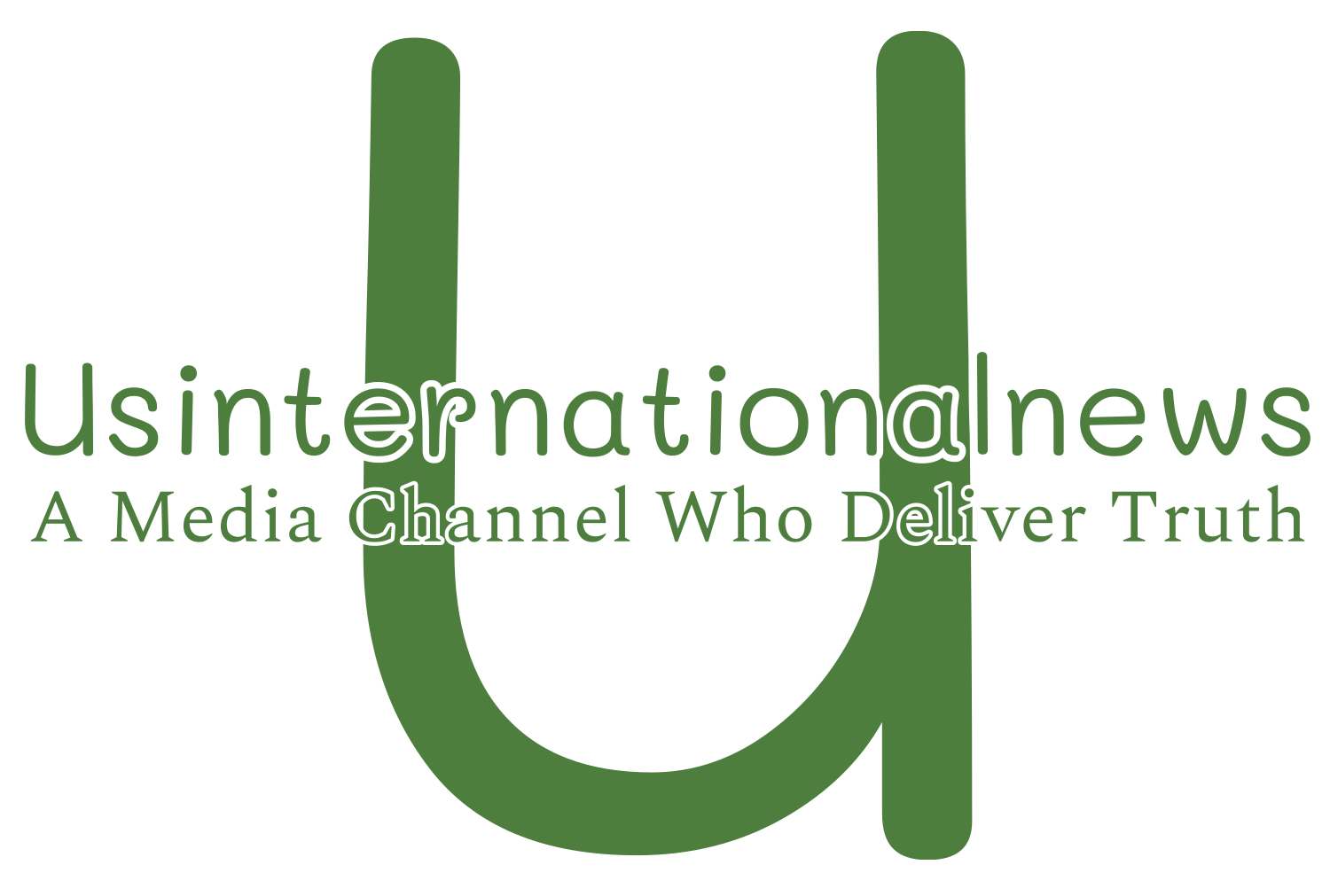Britain’s government is optimistic it will soon find a formula to persuade Northern Ireland’s largest pro-British party to return to the power-sharing regional government it quit over Brexit rules, the Northern Ireland minister said on Tuesday.
Asked if he could see the Democratic Unionist Party returning to the Stormont regional assembly in Belfast, Chris Heaton-Harris told Reuters: “Yes I genuinely do. I am genuinely glass half full.”
Northern Ireland has been without a functioning government for more than 18 months after the DUP walked out in protest over Britain’s two attempts to settle post-Brexit trade rules for the province, which shares a land border with EU member Ireland.
The DUP is the biggest party representing mainly protestant voters who support continued British rule of the province. It objects to Prime Minister Rishi Sunak’s so-called Windsor Framework deal with the EU, which requires checks on some goods shipped to Northern Ireland from the rest of the United Kingdom.
Heaton-Harris said the government was closing in on a legislative fix that would strengthen Northern Ireland’s place in the United Kingdom.
“Some legislation is going to be involved, I believe that is needed,” Heaton-Harris said in an interview at the governing Conservative Party’s annual conference in Manchester.

“There are a whole host of different things we can do where government has to take into account the position of Northern Ireland and indeed all the nations of the union,” he said, adding that when the government considered any piece of legislation, it should make sure “it enhances the union”.
“There are lots of different ways of doing it, so that’s why I want to make sure I get it completely right,” he said, declining to give an details of the measures the government was considering or a time frame for the talks.
Heaton-Harris said months of negotiations with the DUP showed that both sides wanted to find a solution.
The status of Northern Ireland has been the most contentious issue surrounding Britain’s exit from the European Union. A 1998 peace deal that ended 30 years of conflict requires the land border with Ireland to be kept open, but EU rules require checks on goods arriving in the bloc.
At the time of Brexit, then-Prime Minister Boris Johnson agreed to checks on goods crossing from the rest of the UK into Northern Ireland, only to later declare the rules too onerous. Sunak’s deal removes many of the checks, but did not go far enough to appease the DUP.
Heaton-Harris said it was important the regional government should resume work, as one of the main parts of the Good Friday Agreement which largely ended three decades of conflict. But he said he would not force the issue.
“Without a shadow of a doubt, it’s vitally important that the executive gets up and running, that Stormont sits,” he said.
“At no point, while I am secretary of state, are we going to give up trying to get the executive up and running.”




